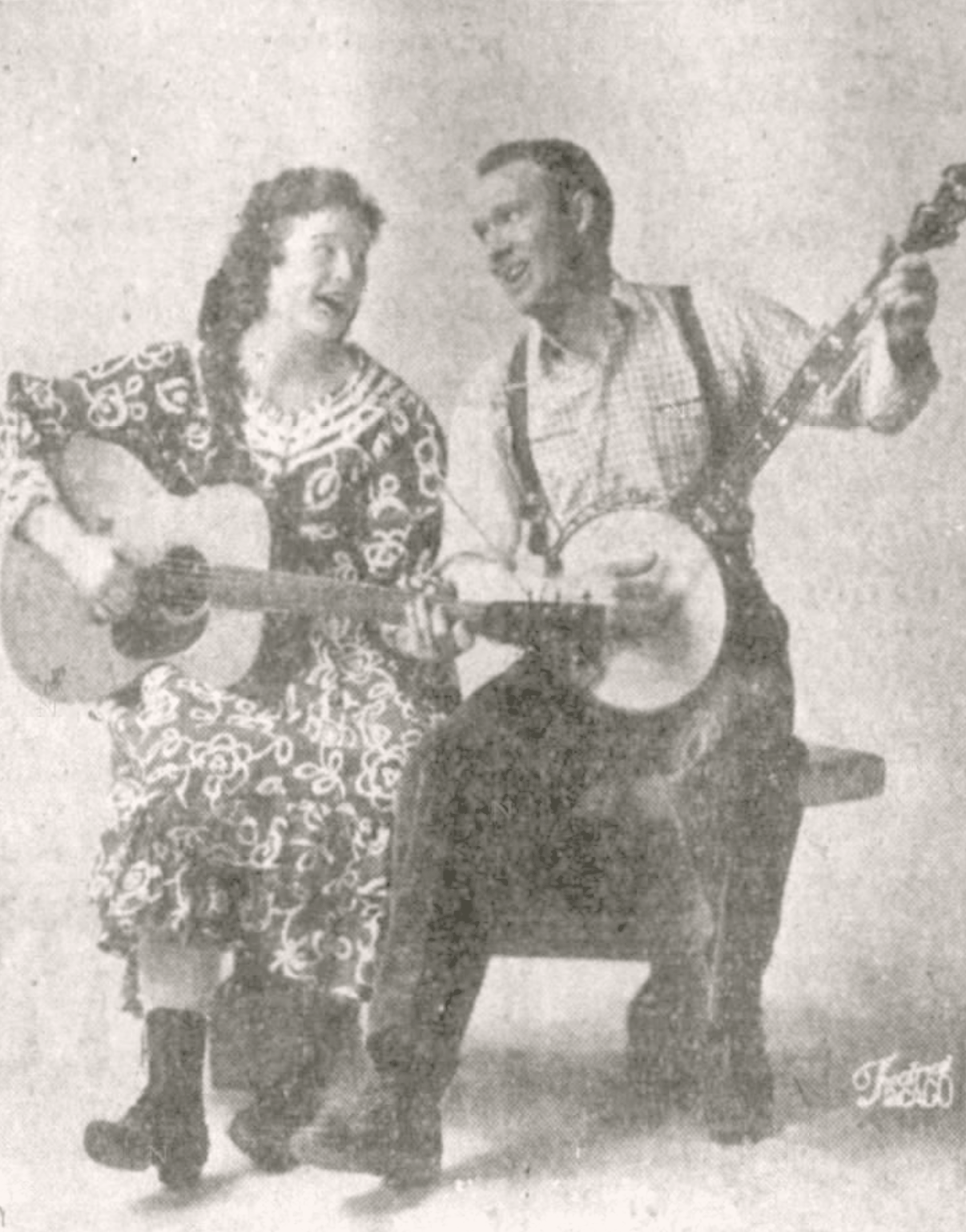Originally published in The Vidette-Messenger of Porter County on October 18, 1940.
Doubt Draft Needed Before 1941一 EXPECT FIRST QUOTA FILLED VOLUNTARILY - Only 30,000 Wanted by Army On Nov. 18; Over 17,000,000 Register Throughout Nation. - STIMSON CHARGES WILLKIE “MISLED”
BY JOHN A. REICHMANN
(United Press Staff Correspondent)
WASHINGTON, Oct. 18.一The first contingent of 30,000 conscripts一an average of less than five per local board一wanted by the army on November 18 probably will be obtained from volunteers, draft officials believed today.
They were also sure of meeting the army’s demand for 800,000 men by conscription well in advance of the war department’s schedule. Present plans call for that many one-year conscripts to be inducted into the army by June 15, 1941.
Registration returns from states swelled the probable number of registrants for the draft well over 17,000,000一nearly 1,000,000 more than pre-registration estimates.
Dr. Clarence A. Dykstra, director of the draft, inaugurated his regime a few hours after being sworn into office by announcing a policy of leniency for persons who failed to register Wednesday. He directed all state headquarters to register such persons, if they present themselves before the national lottery, and not to consider them delinquents. The law provides a penalty of five years in jail and a $10,000 fine for willful failure to register. The lottery date has not been set but probably will be between October 26 and November 2.
A new schedule for induction of conscripts into the army was announced by Secretary of War Henry L. Stimson, a life-long republican, after he had criticized Republican Presidential Candidate Wendell L. Willkie who, he said, had been “misled into making statements about delays in the progress of housing the men.”
He said that far from being a “ghost program,” as Willkie charged, the housing program was ahead of schedule. When questioned about the plan to call only 150,000 men by the first of the year instead of 400,000 as previously planned, Stimson replied,” insisting that it was not due to lack of housing.
In a prepared statement designed to answer criticism of the housing program, Stimson said that the slowness “came from the simple fact that the people of the United States were not ready through their congress (last summer) to take the steps necessary to give this authority or to provide this money.” This long debate in congress over conscription, he said, was evidence of the truth of this statement.
Some observers, however, regarded the new induction schedule as indication of the army’s inability to provide adequate winter quarters, since more than half of those to be called will be inducted after the severe weather months.
Induction dates have been revised twice since the conscription law was introduced in congress. Last summer it was planned to call 800,000 men by the end of this year. By early to call 400,000 men by the end of February and another 400,000 in April. Now the date for the last of the 800,000 has been set back to June 15.
The schedule announced by Stimson is as follows: Nov. 18一30,000 men; Dec. 2一60,000 men; Jan. 3一60,000 men; Jan. 15一90,000 men; Feb. 10一160,000 men; March 5一200,000 men; June 15一200,000 men.
In addition 130,000 national guardsmen will be mobilized between January 3 and February 3, 1941.
Asked if any further plans had been made, Stimson replied:
“Only God and Hitler know what will happen to the United States by then.”
Conservative estimates of draft officials indicate that no compulsory inductions will be needed until January. They expect about 200,000 volunteers, and some expect as many as 500,000. The law allows acceptance of volunteers as young as 18 years of age.



